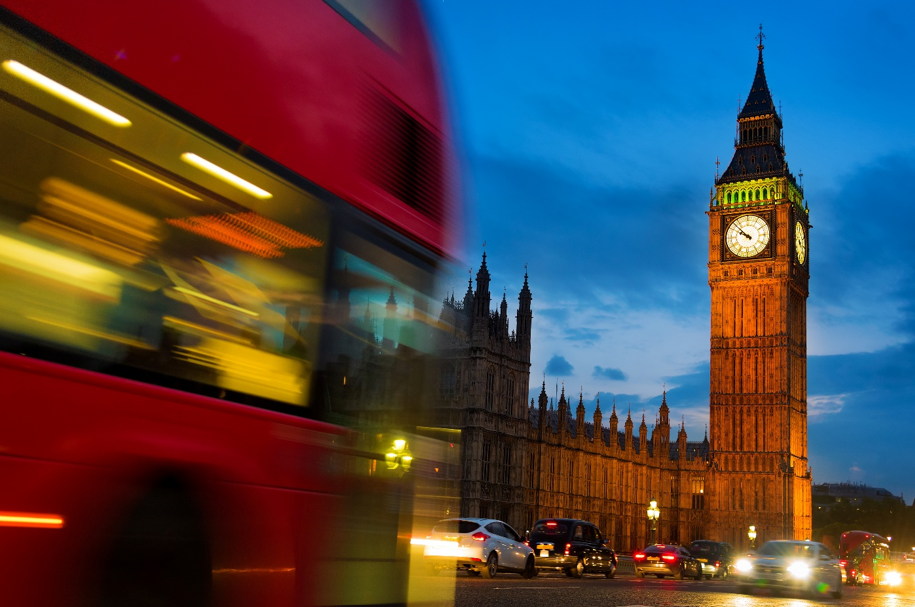Increased customer expectations, government policies, rising fuel prices and technological innovation are converging to enable convenient, affordable, secure and environmentally sustainable mobility as a service (MaaS). MaaS solutions help connect different phases of the door-to-door mobility experience, from planning to booking, payment, navigation and information queries, with seamless integrations between transport modes.
MaaS is not new, but it has been plagued by technical interoperability challenges and difficulties in finding the right business models that can push the stakeholders of the mobility ecosystem – transit authorities, car manufacturers, payment providers, transport network companies – collaborate and share data.
Best practices for MaaS ecosystem innovation
IDC research shows that MaaS is reaching an inflection point. Best practices are emerging among public transport authorities and transport operators to deliver on their promise to enable customers to travel conveniently, when it suits them and at a reasonable cost.
At the same time, MaaS enables transport operators and planners to optimize capacity utilization of capital-intensive assets, launch new revenue-generating services and encourage a modal shift towards public transport among citizens.
Everything starts with the customer. User-centric MaaS applications allow travelers to build their unique mobility profile based on personal preferences, financial profile, physical characteristics and past behavior. Service providers need to recognize, serve and protect each user’s individual preferences in order to provide truly personalized MaaS offerings.
Cities like Genoa have implemented applications for mobile users that provide a single point of access to information and services while on the move.
In order to book and pay for rides directly in the MaaS app, without having to switch to a carrier app, stakeholders need to share data and define contract models that benefit the entire ecosystem. In Spain, train operator Trains launched a MaaS door-to-door booking solution (dōcō app) supported by a platform that allows actors in the mobility ecosystem to openly collaborate, from micromobility service providers to ride-sharing apps to technology manufacturers and payment system providers.
To enable rapid innovation and scaling of these MaaS data platforms to process, store, integrate and analyze vast swaths of data, companies in transportation ecosystems such as Entourage in Norway is moving away from legacy, monolithic systems to cloud-native solutions that enable data sharing at scale and agile innovation.
Once the data is aggregated and the information is made accessible through the platforms, transport authorities can use it to build a digital city mobility twin that can help with traffic forecasting and simulation, traffic/city planning, infrastructure maintenance and asset management and planning logistic resources. . Data sharing can also support the development of new services and businesses.
Further reading:
IDC PeerScape: Practices to successfully implement mobility as a service
